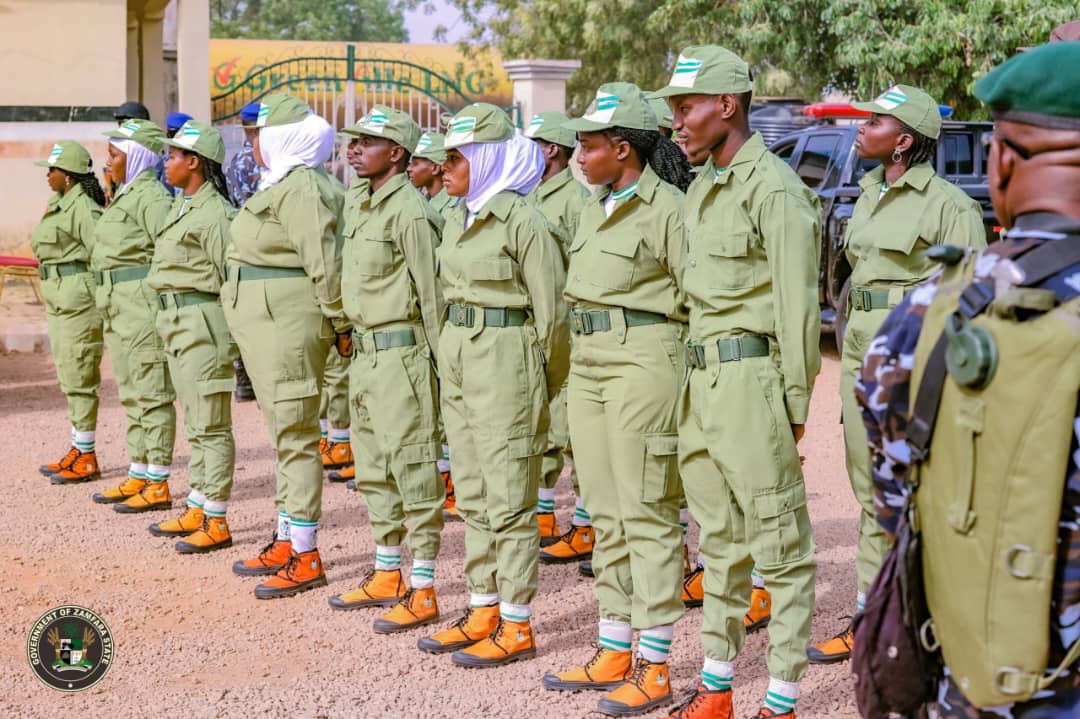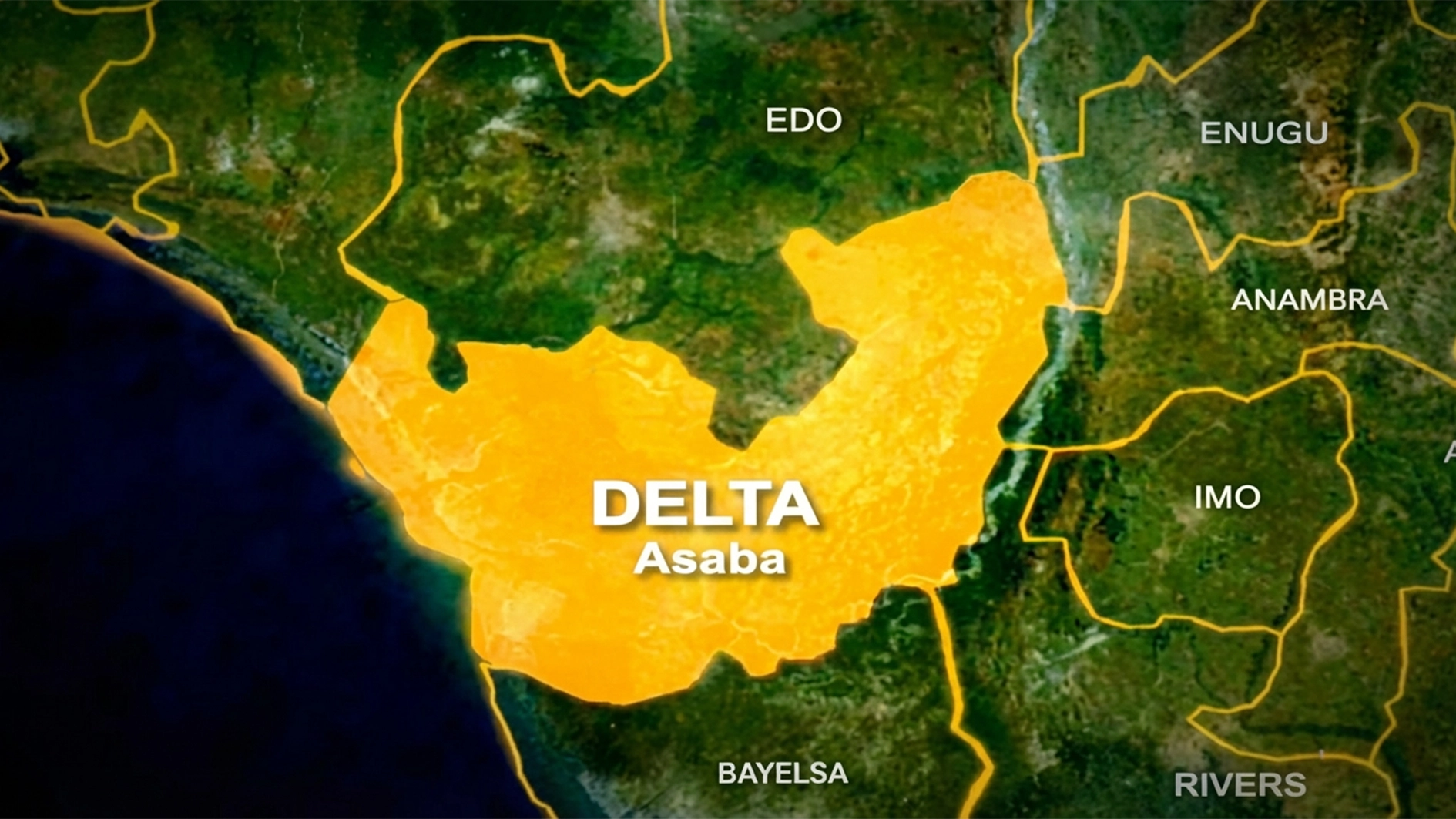
With the smallest landmass of only 3,345 square kilometers, the city keeps retaining its place as the most preferred destination for millions of Nigerians and foreigners, making it the most populated in the country.
While the state serves as a place of choice for the majority of Nigerians, year in, and year out, it ranks poorly in the list of livable cities in the world and is gloomily tagged as the worst in the continent of Africa. The state is dotted with micro and macro slum developments, congestion, poor waste management, horrible traffic congestion and air pollution.
According to data from the Economist Intelligence Unit (The EIU), the research and analysis division of The Economist Group, the sister company to The Economist, “The concept of liveability is simple, it assesses which locations around the world provide the best and worst living conditions.
Assessing livability has a broad range of uses, from benchmarking perceptions of development levels to assigning a hardship allowance as part of expatriate relocation packages. City officials and urban policymakers can use the rankings to benchmark target cities against the top-ranked cities. The ratings can help them to understand the gap between target cities and the best-ranked cities across different categories. This, in turn, should help to frame policies and target investors.”
The survey ranked 140 cities based on stability, healthcare, culture and environment, education and infrastructure. It identified the top five most livable cities as Auckland, New Zealand; Osaka, Japan; Adelaide, Australia; Wellington, New Zealand and Tokyo- Japan. Unfortunately, Lagos shares the same ranking with Damascus, Syria; Port Moresby, PNG; Dhaka, Bangladesh and Algiers, Algeria among the cities tagged the least livable cities in the world.
With the strategic importance of Lagos to the economy of Nigeria, Africa’s biggest economy, and the state’s economic value which sees it generating 10 per cent of Nigeria’s total Gross Domestic Product of $432.3 billion, there is a need to put in place building blocks that would make the state livable and conducive.
How can this trajectory be changed? How can Lagos be made livable and conducive? These were the questions that burned in the minds of architects in Lagos during the recently held Lagos Architect Forum. Here are the solutions we put forward:
First and foremost, the government at all levels must understand the importance of professionals and professional associations in the building industry. They must be consulted regularly before the formulation or implementation of policies. Quacks, who masquerade as professionals, must be flushed out of the industry. Adequate awareness must be created to influence the general public to understand the importance of professionals. Also, we must summon the political will for the full implementation of the National Building Code (NBC) in the state. NBC should not be a document that is remembered when a disaster in the form of a building collapse occurs in the state.
Experts have projected that Lagos State will have an estimated population of 40 million people in the next 25 years. We must be prepared and ready to do what it takes so that our dear state can be conducive and liveable.
Critical stakeholders must join the government in charting the path forward for the Lagos of our dream. Conscious attempts must be made to ensure that some areas in the state are developed symbiotically.
Not only that, we must work to ensure the regenerating of the state by setting aside notable areas along the Lagos Island axis by creating public and pedestrian spaces which are interwoven, reviving ancient buildings for posterity and re-using abandoned buildings, among several other urban designs and regeneration concepts.
David Majekodunmi is the chairman of the Lagos Chapter, Nigerian Institute of Architects (NIA).






